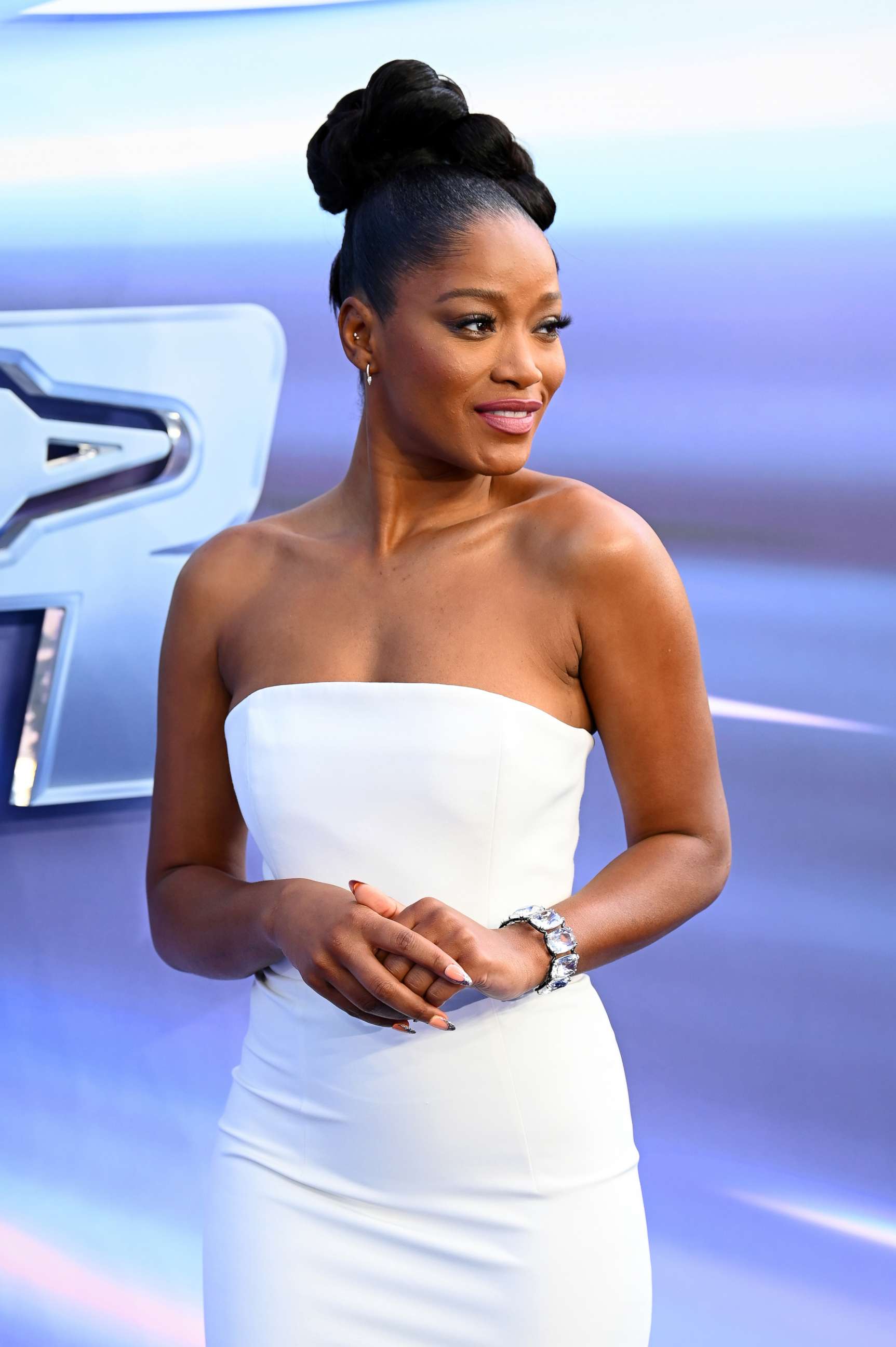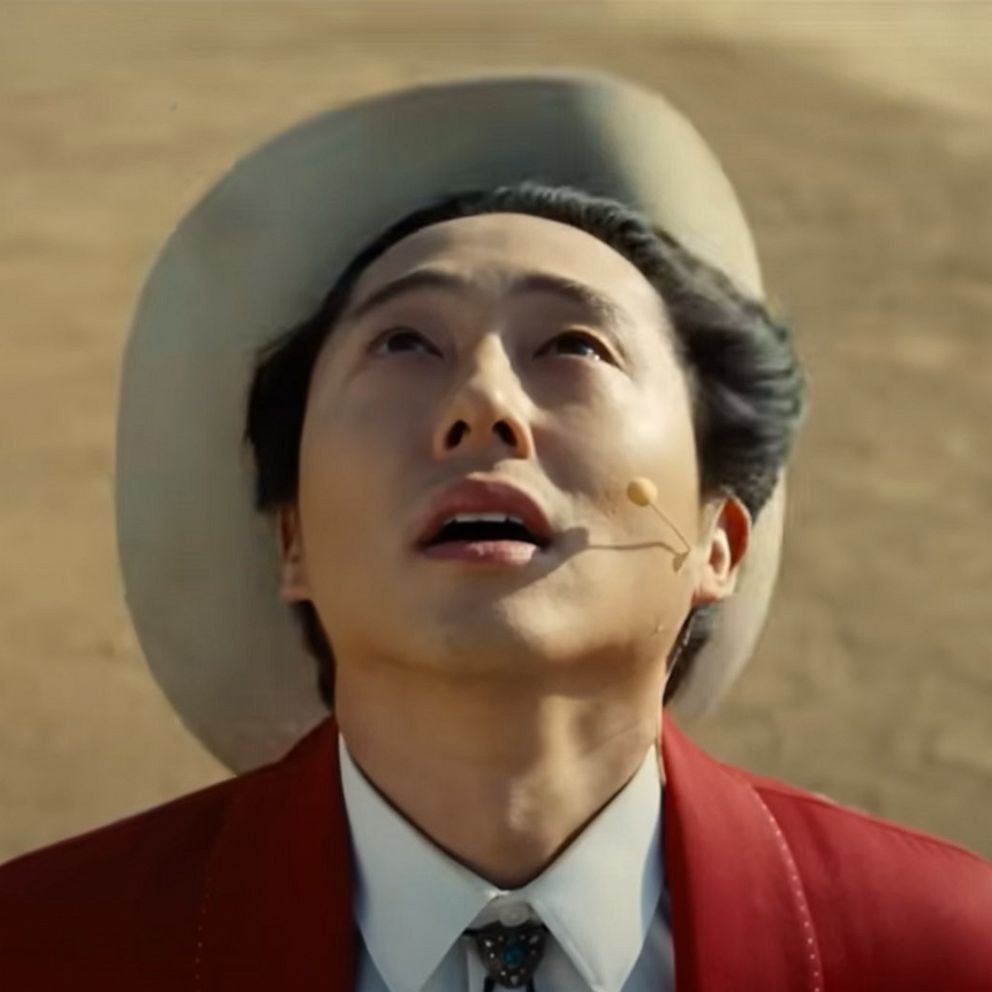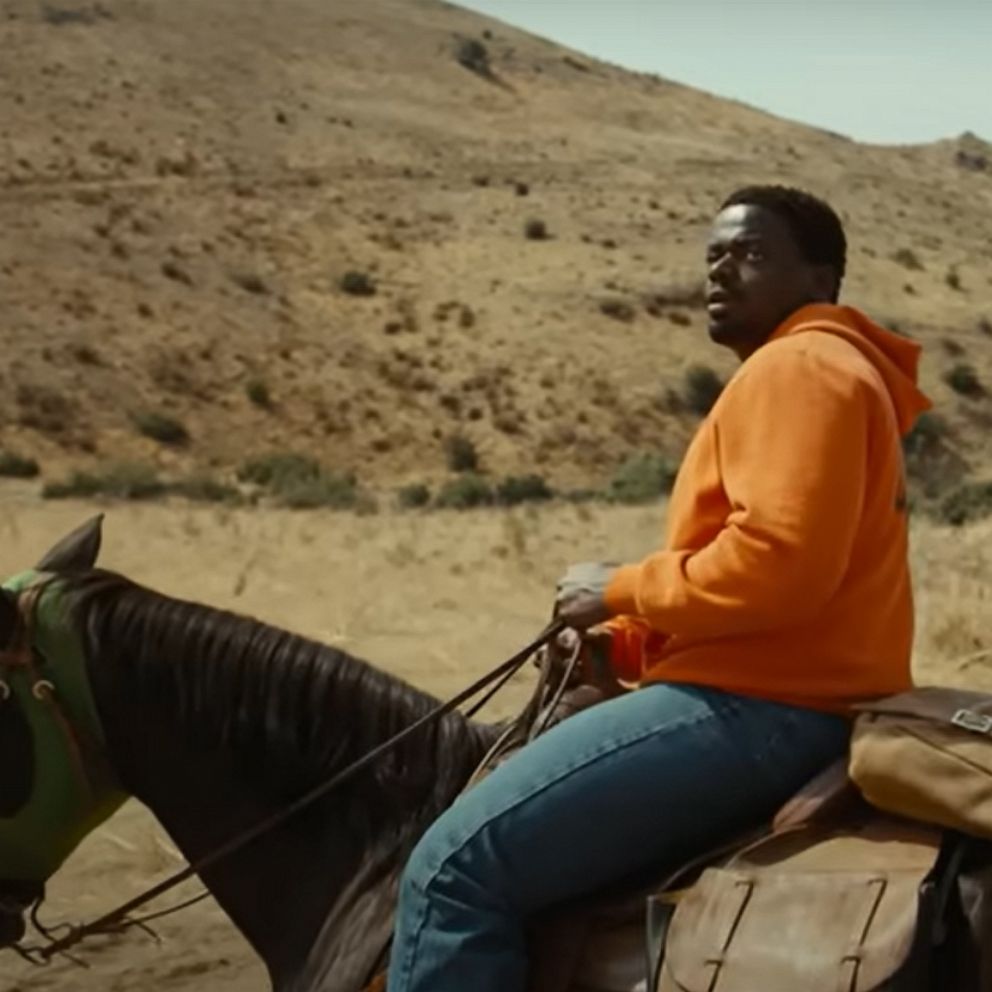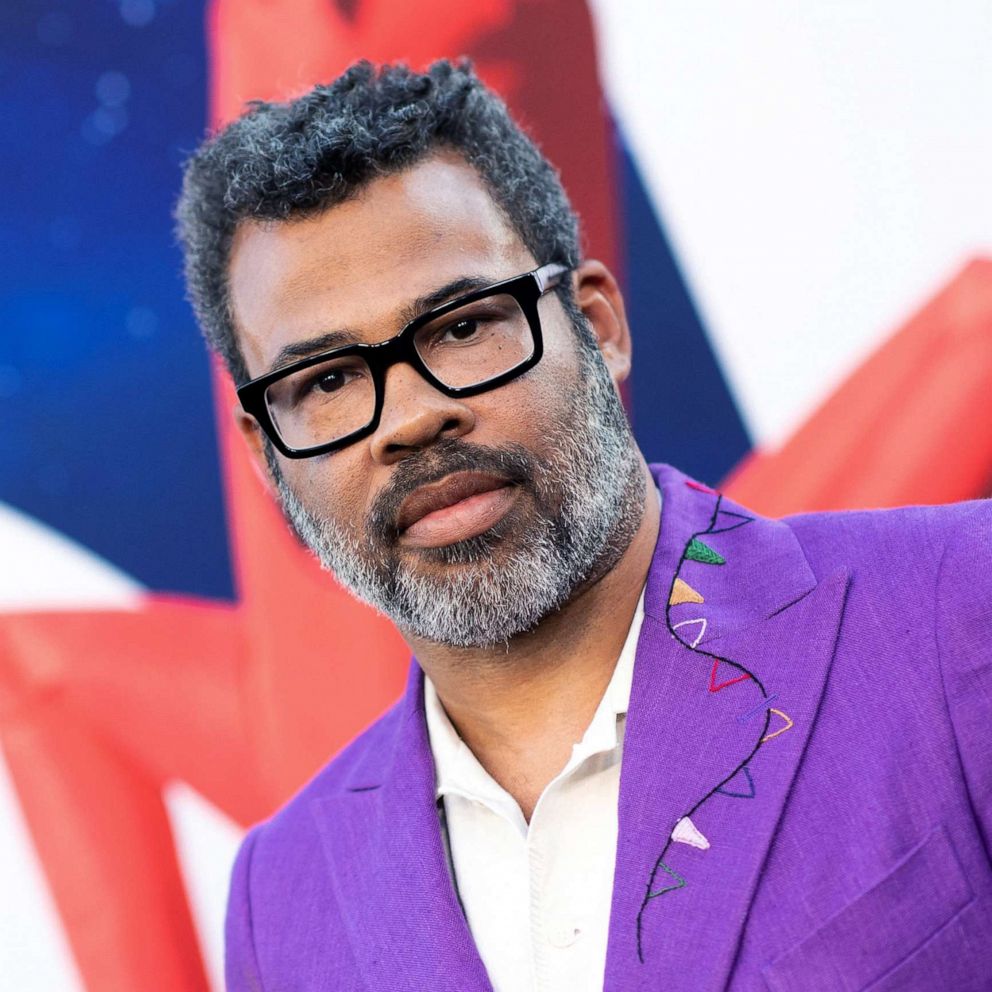Keke Palmer speaks out after Twitter user suggests colorism impacted her career
The "Nope" star, who has more than 100 credits, said she is "incomparable."
Keke Palmer addressed a tweet over the weekend that compared her to fellow actress Zendaya and ignited a discussion over her career and popularity.
On Saturday, Aiyana N. Ishmael, an editorial assistant at Teen Vogue, tweeted her confusion over remarks about Palmer's "breakout" success in "Nope," Jordan Peele's latest directorial venture.
"It’s so interesting seeing the conversation around Keke Palmer having her breakout or superstar moment and it’s wild we live in different worlds because in my household Keke been a star for forever," Ishmael wrote. "Akeelah & The Bee was my dad’s favorite movie it went triple platinum in my home."
Another Twitter user then quoted Ishmael's tweet, writing, "I'd like someone to do a deep-drive on the similarities and differences between Keke Palmer and Zendaya's careers. This may be one of the clearest examples of how colorism plays out in Hollywood. They were both child-stars, but their mainstream popularity is very different."

On Sunday, Palmer addressed the latter tweet herself on Twitter.
Without mentioning "Euphoria" and "Spider-Man" star Zendaya, Palmer gave a brief summary of her own numerous film credits and career achievements, adding that she had "been a leading lady" since childhood.
"A great example of colorism is to believe I can be compared to anyone," she wrote. "I'm the youngest talk show host ever. The first Black woman to star in her own show on Nickelodeon, & the youngest & first Black Cinderella on broadway. I'm an incomparable talent. Baby, THIS, is Keke Palmer."
"I’ve been a leading lady since I was 11 years old," she continued. "I have 100+ credits, and currently starring in an original screenplay that's the number one film at the box office #NOPE. I've had a blessed career thus far, I couldn't ask for more but God continues to surprise me."
Colorism is the preference for light skin over dark skin, which some say is an unspoken reality many communities of color have faced for generations.
"As you move along the color spectrum, the darker you are, the less important, beautiful, viable, or all those things that society has imposed upon based on that notion of supremacy," author Dr. Joy DeGruy, who holds a doctorate in social work research, told "Good Morning America" in a 2020 interview.
"The anti-Blackness started with the idea of the Blacker you are, the less human you are, so Black people then become not fully human beings, so everyone's distancing themselves from that," DeGruy added.
In a report that same year from the Geena Davis Institute on Gender in Media, researchers found that despite the progress that has been made in casting Black women and girls in leading roles, there's still a long way to go.
"Black girls and women with dark skin rarely appear as leading ladies in the top-grossing films," the study found. "Only one-in-five leading Black female characters from the past decade has dark skin. This indicates that colorism is persistent in Hollywood. Also, a large majority of Black women who appear as film leads have European hairstyles -- long and straight -- as opposed to natural Black hairstyles. Taken together, these findings indicate a strong bias toward Black women who conform with white standards of beauty."
While Zendaya did not respond to the tweetcomparing her to Palmer, the actress has addressed colorism in the past.
"As a Black woman, as a light-skinned Black woman, it's important that I'm using my privilege, my platform to show you how much beauty there is in the African-American community," she said during a conversation at the 2018 Beautycon Festival in New York City. "I am Hollywood's, I guess you can say, acceptable version of a Black girl and that has to change."







